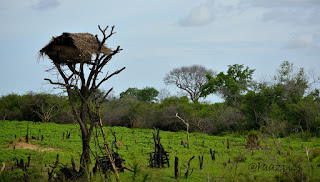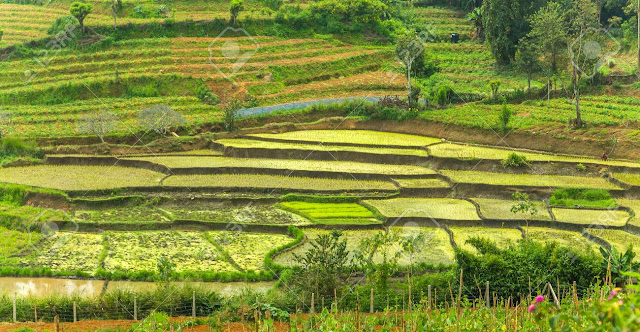Farming System (FS) Principles and Practices
The Agricultural systems have encountered various kinds of ecological and environmental problems due to the growing pressure of human population on the carrying capacity of land and the productivity. There is no scope for horizontal expansion of land for food, feed and fibre production.
Only vertical expansion is possible by integrating appropriate farming component, requiring less space and time while ensuring periodic income to the farmers. The ultimate goal of sustainable agriculture is to conserve the natural resource base, protect the environment, and enhance the health and safety of human population over a longer period, which can be achieved by proper understanding the science behind farming system – principles and practices.
This blog on Farming system brings the comprehensive information about the definition and classification of cropping system, plant interactions in cropping system, agronomic requirements of cropping system, evaluation indices, importance of forages, classification of feeds and forages, cultivation of forage crops, forage quality, fodder preservation, forage seed production, importance of farming system, farming system research, concepts, objectives, steps and characteristics of farming system research, integrated farming system for different agro-climatic zones, crop and animal waste utilization, enterprises in farming system, interactions of components, evaluation of farming system research under major chapters viz., cropping system, forages and farming system.
Thus, this blog will definitely serve as a reference site for the technology students of UOC under the subject on Introduction to the Farming System.
How FS relates to Sustainable development goals
Following link provides some information on sustainable development goals and the subject (Farming systems and its importance).
Sustainable Farming Systems for Food and Nutrition Security



Comments
Post a Comment